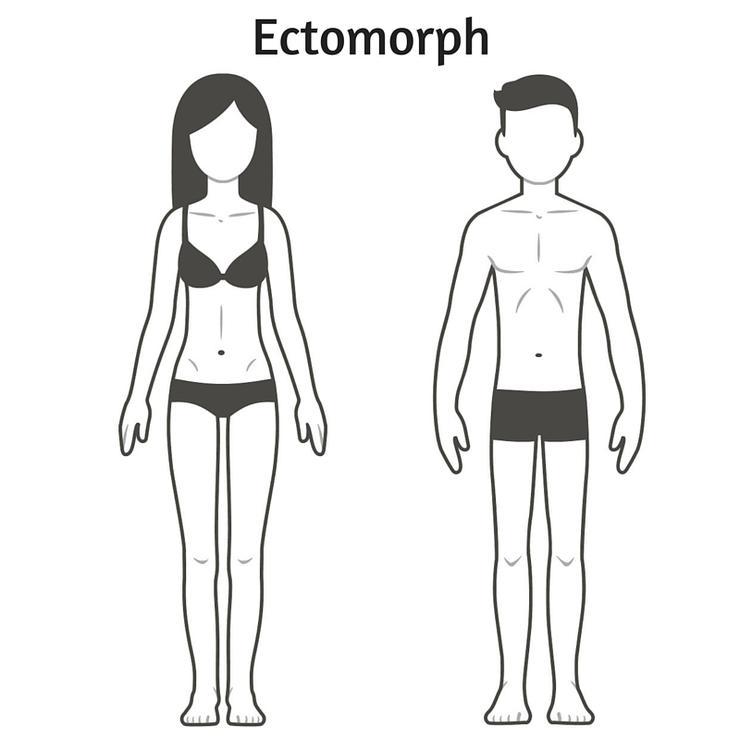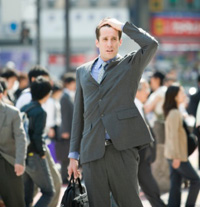Consider Men's Health nutrition advisor Alan Aragon, MS, to be in the "it doesn't matter" camp. Whether you eat most of your calories early or you don't chow down until later in the day, a calorie is a calorie, he says.
Here's the deal: You expend energy throughout the day in a number of ways through "active" energy, like going for a run and walking the dog, and "resting" energy—which includes involuntary processes such as blood circulation and breathing. Even while you sleep, your body is using energy to keep you alive, says Aragon.
Meanwhile, all day long, your body is either storing or burning (also known as oxidizing) fat. The big picture of weight loss comes down to something called net fat balance, which is the difference between fat storage and fat oxidation.
Say your total energy expenditure for the day is 2,000 calories. If you eat 2,000 calories, your weight will remain the same. Take in any more and you'll gain weight, and any less and you'll lose it.
We've all heard this, of course, but for some reason, we often think it doesn't apply under certain conditions.
"The energy doesn't reappear and disappear out of nowhere," says Aragon, who contends that it doesn't matter whether the calories you consume are distributed in three regular meals during the day or one big meal at night.
Example: Imagine you eat nothing but a cheeseburger, fries, and a milk shake at midnight, and your buddy eats the same meal at 8 a.m.
Early in the day before you eat, your body will be in a fasting state because you're not consuming calories—you're only burning them. Once you eat your huge meal later in the day, that's when your body starts to store fat.
Your friend who eats the same meal in the morning will go through the same process, just reversed. Neither of you are more or less likely to gain weight based on what time of day your body stores and burns fat.
And it's not as if your body closes up shop at the end of the day. Your net fat balance over days, weeks, and even months is what counts when it comes to losing weight, says Aragon.
The bottom line: For weight maintenance, eat when you want to, as long as you don't overeat. And for weight loss, do the same, as long as you eat fewer calories than you expend.
This isn't to suggest that weight control is easy. That part depends on the individual and many factors, including your lifestyle, genetics, and environmental influences.
But believe it or not, it is this simple.
The article Are 500 Calories at Noon the Same as 500 Calories at Midnight? originally ran on MensHealth.com.




